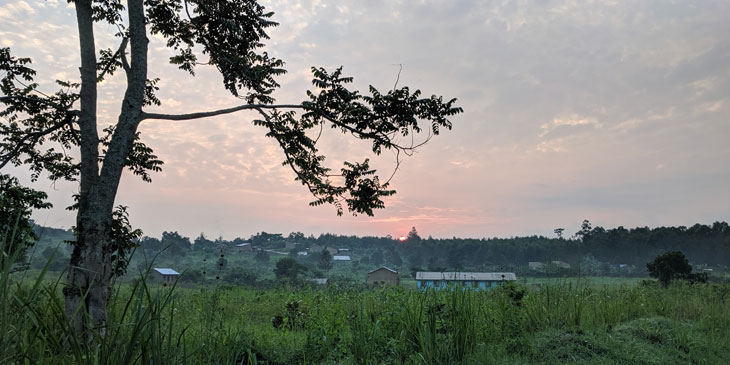Explore Global Integrity’s open knowledge platform.
Annual reports, project reports, datasets, articles, blogs, newsletters, and more.
Africa Integrity Indicators – Round 8 (XLS)
In 2012, Global Integrity embarked on a five-year collaboration with the Mo Ibrahim Foundation to generate the Africa Integrity Indicators (AII), which assesses key social, economic, political and anti-corruption mechanisms at the national level across all 54 African countries. That initial work has now been extended to continue our annual research process. Both the breadth…
April 1, 2020
The flipside of corruption: State comparisons in India using public service delivery measures

Originally published on GI-ACE Understanding where corruption is high and why is a difficult task mainly because of the difficulties in measuring corruption. Given the well-documented problems with perceptions of corruption, recent literature has focused on objective measures of corruption. Focusing on the delivery of public services, a reliable measure could be the irregularities detected…
March 31, 2020
Adapting to COVID-19: Sharing, learning, and supporting

Over the last few weeks, the Global Integrity team has been coming to terms with the emerging crisis around COVID-19 and the implications for us personally, for the communities and countries where we have connections, for the partners we work with, for the issues we focus on (open government, integrity & anti-corruption, and public service…
Tags: Global Integrity
March 30, 2020
India’s federal procurement data infrastructure

Originally published on GI-ACE by Isabelle Adam In a previous blog, we explored some common problems data scientists encounter when collecting and analyzing data. In the accompanying Red Flags Explainer, we drew on our experience of building and analysing datasets of government procurement over the past ten years to answer some Frequently Asked Questions about our work,…
March 26, 2020
Is positive recognition an incentive to fight corruption?

Originally published on GI-ACE by Paul Bukuluki One reason that corruption is difficult to address is because it manifests differently depending on social expectations in different economic, political, administrative, social, and cultural contexts. In Uganda, corruption remains widespread and represents a major obstacle to the country’s development. Robust anti-corruption legislation and institutions have been put…
March 24, 2020
Learning into the future: Global Integrity’s experience with TAP Learning Collaborative cluster partners

Since its launch two years ago, the TAP Learning Collaborative’s aim was to improve collective learning about how civil society organizations (CSOs) can more effectively pursue and achieve goals related to transparency, accountability, and participation (TAP). Along with Twaweza East Africa, Centro de estudios para la equidad y gobernanza en los sistemas de salud (CEGSS),…
March 12, 2020